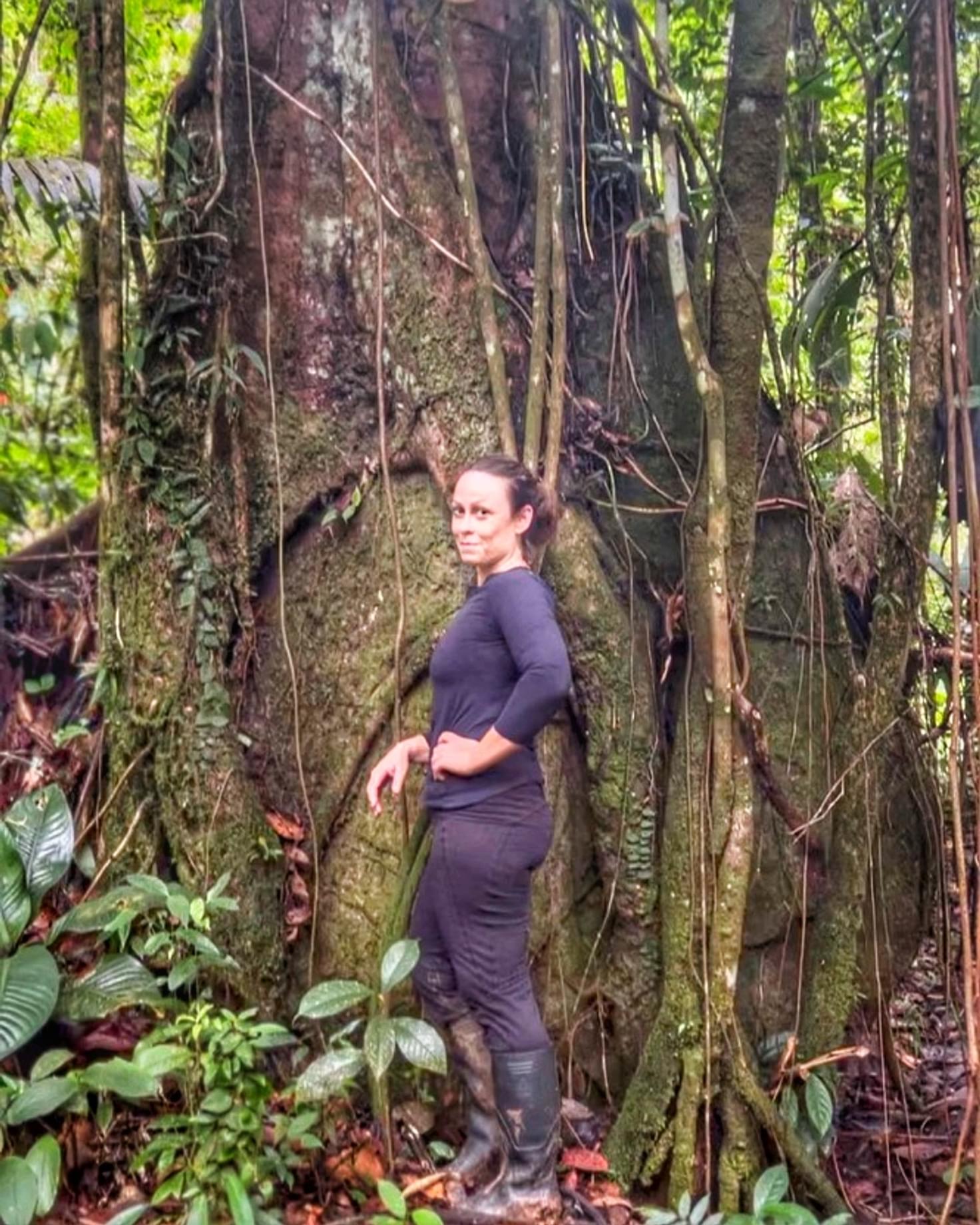
Words by Tess Becker
Conservation isn’t always available to people in developing countries from a mix of financial needs, and a reliance on the land to survive. And while there are conservationists in those places they are often underpaid if paid at all for their work.
That’s something that Savimbo hopes to put an end to while empowering subsistence farmers and conservationists.
The founder, Drea Burbank, was inspired to start Savimbo after speaking with some people during a trip to Colombia.
“I met five medicine doctors here and they asked me how to stop the deforestation on their lands,” Drea tells Smiley News. “We did a pro-social, but then when we looked at the economics, you're like, wow, we can actually do something here.
“So we started to Savimbo on their behalf.”
The way that it works is that Savimbo helps direct funds, or monthly ‘micropayments’ to farmers in developing areas for doing conservation work – like looking out for carbon and cutting back on detrimental techniques and pollution.
“We work specifically with small farmers, and almost nobody in the market does,” Drea says. “They're not considered a viable economy. But our philosophy is that you can't control logging only at the corporate level. You have to control it on the level of the locals and to do that they have to be economically incentivized.”
Logging in general is incredibly damaging in developing nations, particularly in regions of the world like the Amazon.
Between 2010 and 2020, South America lost an average of 2.6 million hectares of forest per year, according to the Food and Agriculture Organization of the United Nations. In other words, the continent lost an area of forest the size of Ecuador in the space of a decade.
“The data shows that when you control industrial logging if you don't also account for a small farmer logging, they make up the difference,” Drea says.
Essentially, what this means is that even if industrial logging is moderated and controlled, if the illegal loggers don’t have the incentive to stop they’ll actually make up for any positive impact otherwise.
“So the illegal logging then takes over so like in Brazil, the illegal logging or small farmer logging was like 30%,” Drea says. “And then when [the government] controlled corporate logging, they went up to 60%.”
Some of the people that helped Drea start Savimbo in Colombia have been working on conservationism for years with little to no financial incentive until she brought in the economic side of things. Neither of them speaks English, nearly shutting them out from the global stage.
“One of the big problems with the current market is small farmers can't participate because the science is too complicated and it's all in English,” Drea says. “And so we basically brought in the science part to help them scale and then we pay them on a micropayment, and then we sell carbon credits internationally. So it's like Fairtrade coffee.”
And going back to the start of it, through Savimbo, Drea just wants to empower and shine a light on people that don’t get a lot of press on the global stage.
“I want people to see small farmers in the tropical forests as being a powerful independent nation-state with naturalist intelligence,” Drea says. “I want them to see a powerful equal group. And I don’t want them to see small farmers as weak or poor or anything because they're not they are some of the most pragmatic, honest, hardworking people I know, and highly intelligent.
“And if we can't learn to value them, we don't value what they value.”
If you want to learn more definitely check out some of their social media like their TikTok which just shows people going about their day.